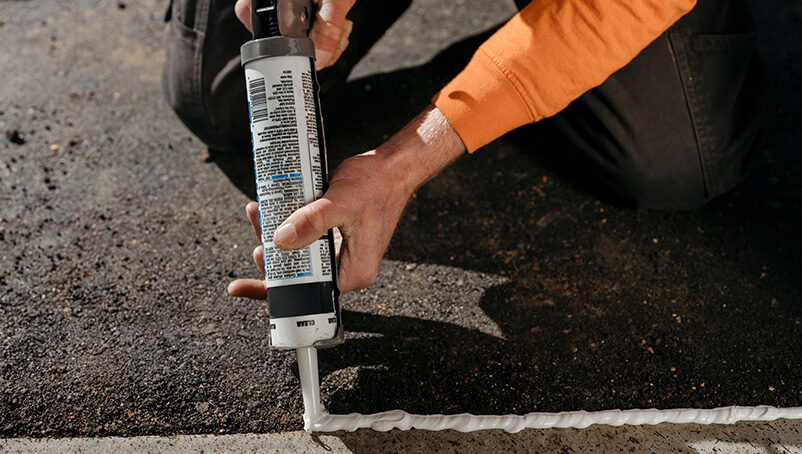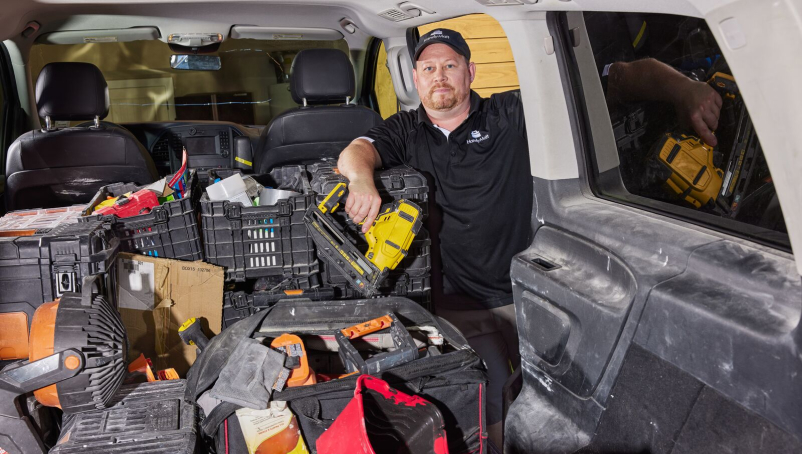Requirements for contractor license renewals
You must renew your Oregon contractor license every two years. You may complete the renewal and pay the required renewal fee of $325 online through the CCB website.
Oregon contractor license reciprocity
Oregon does not maintain reciprocity agreements with any other states for contractor licenses.
However, applicants who have previously achieved a passing score on the National Association of State Contractors Licensing Agencies (NASCLA) Accredited Examination for Commercial General Building Contractors can request an exemption for the 16-hour pre-license training.
If you’re interested in this option, you must submit your NASCLA transcripts to the CCB.
However, those approved for this exemption must still pass the Oregon exam covering laws, rules and business practices with a score of 70% or higher.
Bond requirements for Oregon contractor licenses
All licensed contractors in Oregon must have a surety bond for their business. The amount of the required bond varies from $10,000 to $75,000, depending on the license type.
You must submit the original bond with your application. Your bond must have the original signature of the bond company’s attorney-in-fact and be printed on an official CCB bond form.
What kind of insurance does a handyman need in Oregon?
Handyman insurance can help protect your business. The following types of Oregon business insurance are available for professionals in this industry:
General liability insurance
You must have proof of general liability insurance to apply for an Oregon contractor license. If accidents or property damage to third parties occur, this insurance can help cover the costs.
Workers’ compensation insurance
In Oregon, all businesses with employees need workers’ compensation insurance. This insurance can help provide wage protection and other benefits if an employee gets injured on the job.
Tools and equipment insurance
Tools and equipment insurance can help cover the cost of replacements and repairs for damaged or stolen work gear.
Commercial auto insurance
Commercial auto insurance can help cover costs related to accidents, such as property damage and medical expenses if you drive for work.
Commercial property insurance
Commercial property insurance can help protect your business in the event of damage to your property, including buildings, inventory and equipment.
What is the certificate of insurance requirement for handymen?
You must submit proof of liability insurance with your Oregon contractor license application. Include a certificate of insurance that lists the Construction Contractors Board as the certificate holder.
The required amount of liability coverage varies from $100,000 per occurrence to $2,000,000 aggregate depending on the type of license you are applying for.
If you have any employees, you also need workers’ compensation insurance and must include the insurance carrier’s name and policy number on your application.
How NEXT supports Oregon handypeople
Whether you need self-employed handyman insurance or handyman insurance for a small business, NEXT can help. We’ll ensure you get the right coverage to satisfy Oregon licensing requirements and protect your business.
Our online services make it easy to apply for coverage in just minutes. You’ll also get a certificate of insurance right away, along with the option to download and share unlimited COIs from any computer or mobile device.
As small business insurance experts, we specialize in coverage for construction professionals like you. We’ve helped thousands of contractors get affordable insurance packages customized to meet their unique needs.
Get an instant quote online today.






